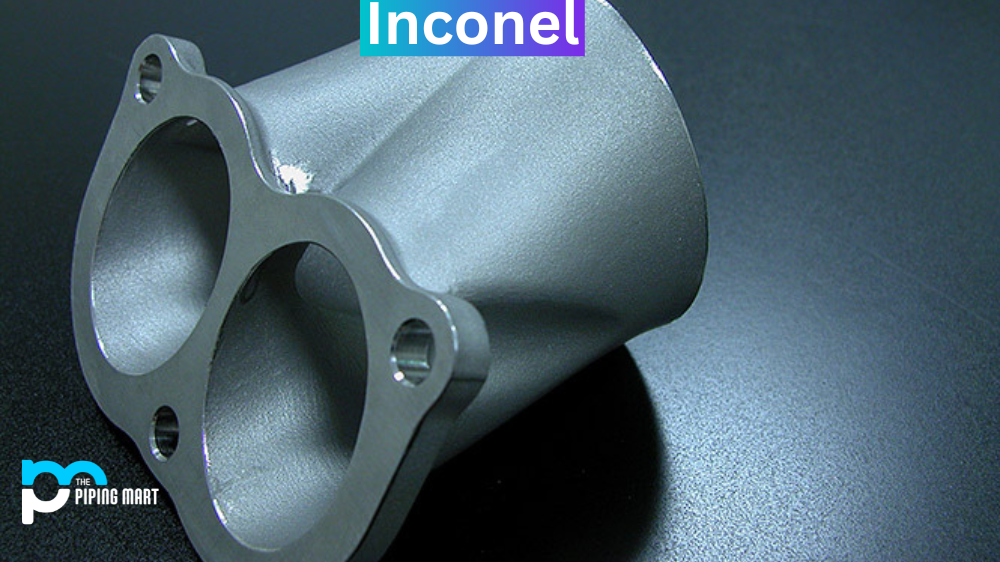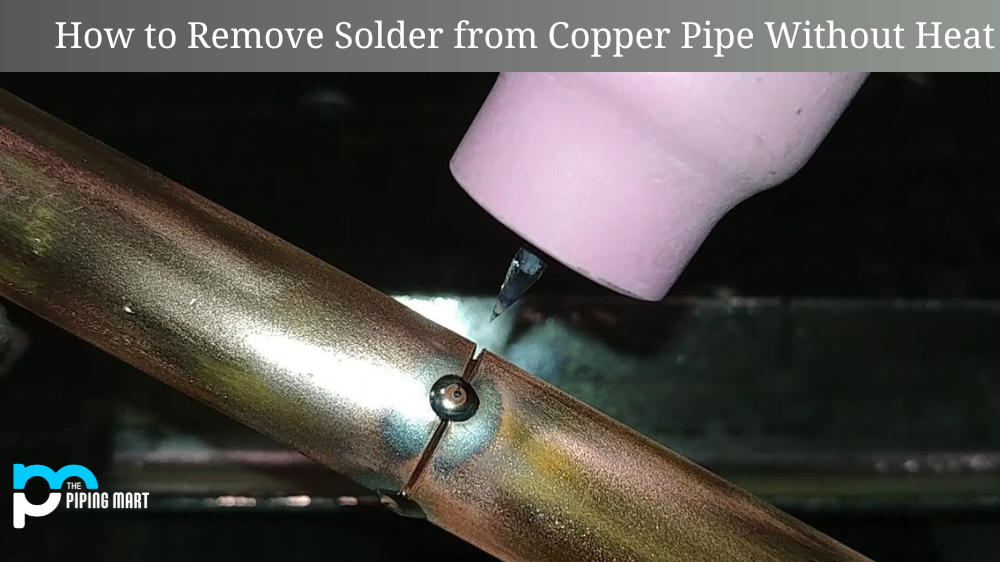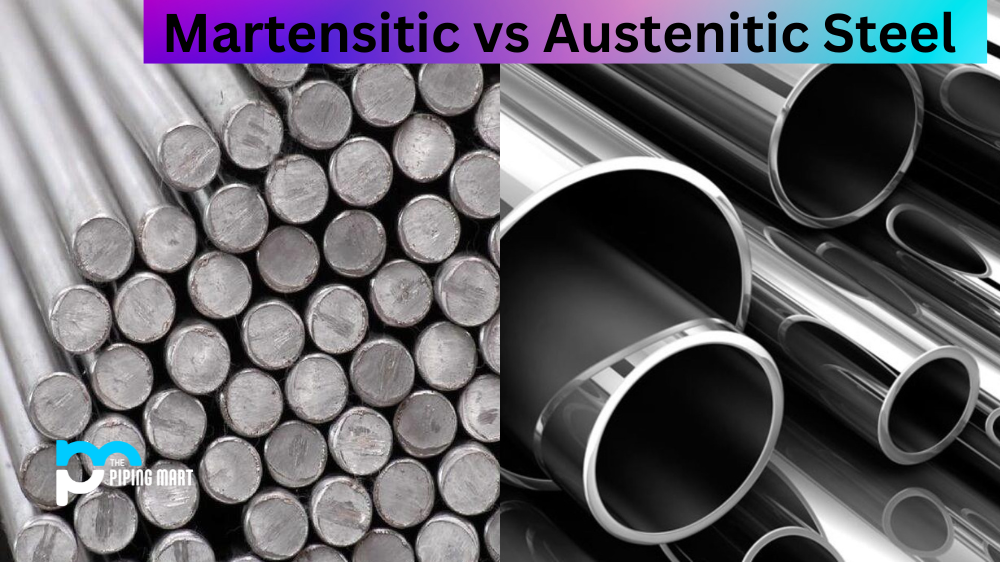Inconel is a family of high-performance nickel-based alloys that are known for their strength, corrosion resistance, and ability to withstand extreme temperatures. These materials are widely used in industries like aerospace engineering, automotive manufacturing, and chemical processing. However, despite its many advantages, there are also some potential drawbacks to using Inconel. Let’s take a closer look at the advantages and disadvantages of this powerful material.
5 Advantages of Inconel
The most notable advantage of Inconel is its incredible durability. It can withstand extremely high temperatures without breaking down or corroding, making it ideal for use in applications that require long-term exposure to harsh conditions. Additionally, its unique composition makes it resistant to oxidation and chemical attack from most acids and bases. This means that even when exposed to aggressive chemicals or corrosive environments, Inconel will remain strong and durable for years on end.
In addition to its superior strength and corrosion resistance properties, Inconel also offers excellent formability, allowing it to be easily molded into custom shapes or components with complex geometries. This makes it an ideal choice for parts that require intricate detailing or difficult contours — something that would be impossible with traditional metals such as steel or aluminum.
- Inconel is a nickel-chromium alloy that is resistant to corrosion and oxidation.
- Inconel is used in a variety of industries, including aerospace, chemical processing, and marine engineering.
- Inconel is strong and durable, making it ideal for applications where high temperatures are a concern.
- Inconel is easy to work with and can be welded, machined, and formed into a variety of shapes.
- Inconel is an affordable option for many applications
5 Disadvantages of Inconel
Despite its many advantages, there are also some potential downsides to using Inconel. For one thing, it is quite expensive compared to other metals; this can make it cost-prohibitive for smaller projects or applications where budget is a factor. Additionally, as with any metal alloy, there’s always the risk of material fatigue over time due to extended exposure to temperature changes or vibrations — something that should be taken into consideration when designing parts made from Inconel. Finally, while this material has excellent resistance against oxidation and corrosion caused by most acids and bases, certain specialized chemicals can still have an adverse effect on its surface over time if not handled properly during production or maintenance processes.
- Inconel is an expensive alloy.
- Inconel is difficult to machine.
- Inconel is difficult to weld.
- Inconel is susceptible to corrosion.
- Inconel has a high coefficient of expansion.
Conclusion
All in all, Inconel is an incredibly strong material with excellent properties that make it ideal for demanding industrial applications like aerospace engineering or chemical processing plants where strength and durability are paramount considerations. While it does come with some potential drawbacks, such as costliness or susceptibility to certain special chemicals — these can often be mitigated through proper design considerations during the manufacturing process — overall, this metal alloy offers tremendous benefits when used correctly in the right application scenarios!

Meet Bhavesh, a seasoned blogger with a wealth of knowledge and experience. From metal products manufacturing to retail, Bhavesh has a diverse background in various industries and is dedicated to sharing his insights and expertise with readers.




